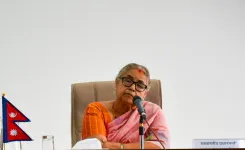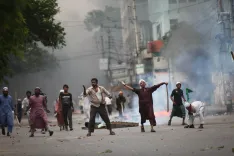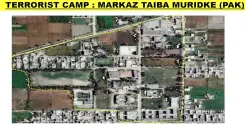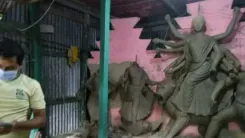Why Are Garment Factory Workers in Bangladesh Protesting?
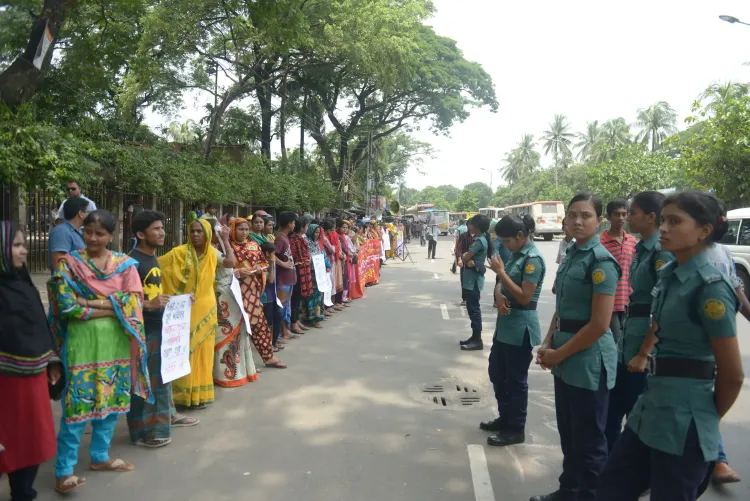
Synopsis
Key Takeaways
- Workers are protesting the suspension of 57 employees.
- Demands include timely wages and maternity leave dues.
- Authorities are involved in resolving the situation.
- Protests reflect wider issues in the garment industry.
- Recent closures have led to increased tensions among workers.
Dhaka, Sep 15 (NationPress) A large number of workers in Bangladesh organized a protest on Monday in response to the suspension of 57 employees at two garment factories located in the Gazipur district, according to local media sources.
The workers from the Mohammadia Group's two garment facilities, namely M G Knit Flair Limited and M G Fashion Sweater Limited, gathered in front of the primary entrance in the Bhabanipur area, insisting that they would not leave until their grievances were addressed.
Gazipur Industrial Police Inspector Abdul Latif confirmed the situation, stating, "We are present with representatives from the Department of Factories. The management assures us that the issue will be resolved legally."
Matiur Rahman, who operates one of the factories, along with several workers, voiced concerns that despite a new salary structure being announced by the government for 2024, no action has been taken by the authorities to enforce it.
Additionally, they indicated that even after properly resigning, their wages remained unpaid. Female workers have been denied maternity leave benefits, and salary payments are often delayed.
Reports indicate that these protests led to the factory's closure on August 31, with a layoff notice posted at the entrance. The following day, 57 workers were reportedly suspended, their names and photos displayed on notices, and each received an individual letter.
Conversely, Lutfar Rahman, the administrative officer of the Mohammadia Group, stated that the suspensions were due to charges of disrupting factory operations and inciting unrest.
"They failed to respond to the dismissal letter within the required timeframe and have instead been rallying other workers. Thus, further legal actions will be pursued in accordance with labor laws," quoted The Daily Star.
This latest incident comes amidst a wave of factory closures across Bangladesh, triggering ongoing protests that have resulted in the loss of lives and serious injuries among workers.
Just last week, over 600 garment workers protested against unpaid wages, obstructing the Dhaka-Mymensingh highway.
This blockade caused significant traffic disruptions, creating considerable inconvenience for commuters and nearby residents, as reported by local media.
Protests and strikes over unpaid dues and worsening working conditions have swept across the nation since the interim government led by Muhammad Yunus assumed power in August 2024.

